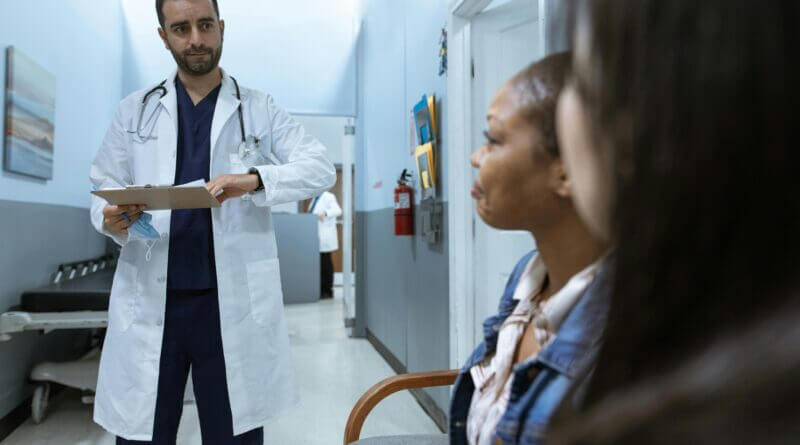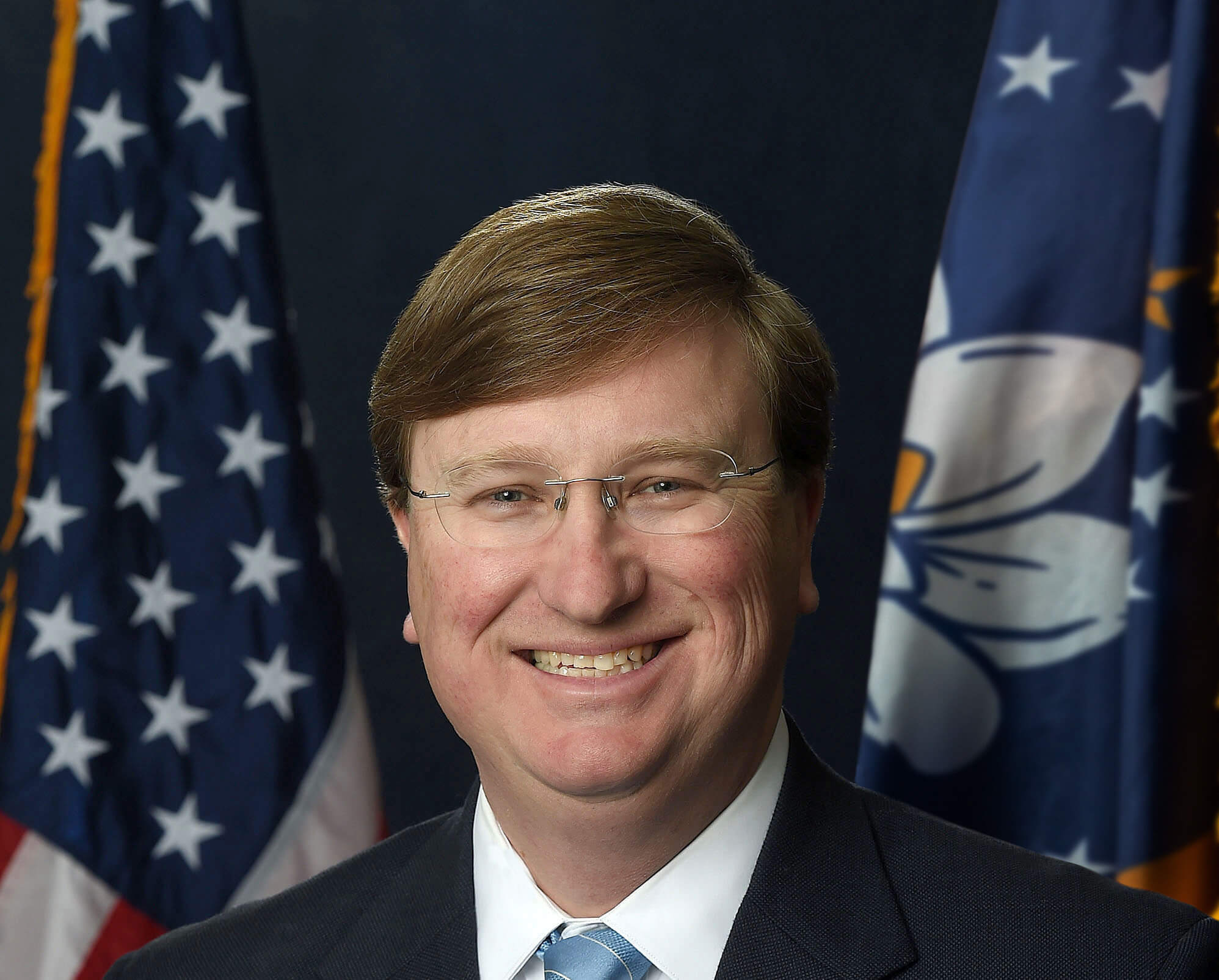Stevenson: On Medicaid expansion
Note: The following is an opinion-editorial article on issues in the Mississippi Legislature, offered and written by Jon Stevenson, a DeSoto County resident, businessman, and concerned citizen. The article reflects Stevenson’s opinion and not necessarily that of this publication.
By Jon Stevenson
Something is missing in the debate over Medicaid expansion in our State. Proponents talk about improving health outcomes, but when they do it is almost always discussed in the context of having access to healthcare. It’s almost assumed that if you have access to healthcare, you automatically have better health. While searching about health outcomes from Medicaid expansion with the Affordable Care Act i.e. Obamacare, much of the research that has looked at the outcomes, does just that, conflating the two. Most of the research promoting positive outcomes explicitly states that access to healthcare is a data point to improving health.
Unfortunately, as most people know, access to healthcare rarely improves people’s health. Healthcare in the United States is really disease care. Doctors are trained to diagnose and treat symptoms in our healthcare model and this doesn’t produce better health, just managed disease and managed symptoms. I learned this from personal experience in my own health journey. It is a message I want to convey to readers: Healthcare and better health have almost nothing to do with each other and in my personal experience you won’t find better health in the healthcare system. Let’s start with my journey …
In the early and mid 1990’s I was a college and professional football player. To put it succinctly I was an excellent college player and a bad professional! I had a good career with the University of Alabama and if you blinked your eyes you would have missed my time with the Indianapolis Colts. As you can imagine I was in excellent physical condition and had to work hard to keep weight on my frame due to the amount of exercise I was doing.
Mine, as all sports careers do, came to an end in the mid-nineties, and when it did something interesting happened. I was an excellent football player, but this was before the time that athletes knew a lot about nutrition and training. So when I stopped playing football, I also stopped exercising to the same degree as I had. Unfortunately I didn’t stop eating. I was a very fit 295 lb. Offensive lineman when I finished football, and within 2 years I became a 423 lb. overweight former player. I remember when I was in Graduate school, after football, stepping on a scale and thinking to myself that the scale was broken.
Eventually I embraced the fact that I was that heavy and over the next 25 years did what most people do and attempted a variety of fad diets that worked to one degree or another, but never actually helped me to control my weight or improve my health. As you can imagine, my health steadily declined over the years, but since I never stopped completely exercising it did so slowly. Even with exercise, my blood pressure slowly increased, as did my cholesterol, as did my A1C to the point that I started to be prescribed medication to keep it in check, all the while my traditional doctors admonishing me to lose weight and never once telling me how to do it. This is the traditional American healthcare system in a nutshell, managing disease and symptoms, not curing the problem.
It wasn’t until I met my current doctor, Dr. Wendy Ballinger, who is a board certified internal medicine physician and pediatrician, in a DPC clinic in Olive Branch did my health start to improve. Dr. Ballinger is not a traditional doctor, she is a direct primary care physician which is what DPC stands for. DPC physicians get paid monthly fees, not a fee for service and they are more focused on health outcomes rather than a fee for service or a fee for when you get sick or injured. Dr. Ballinger was able to focus on educating me, helping me learn about my body, helping me learn about insulin resistance and nutrition and for the first time in my life I was able to lose weight and keep it off. She was able to do this because she was able to spend time with me because of the way DPC clinics work. With her help I was able to get my blood pressure, A1C, and cholesterol under control and have slowly started to reduce the medications that I have been taking. I’ve dropped from 423 lbs. to 293 lbs. and I’m not finished yet.
What this has taught me is that the entire debate that our State is having about Medicaid expansion is flawed to the point of being dumb. We are debating whether we should spend more money and cover more people in a healthcare system that is fundamentally broken and has no hope of improving the health of any of our citizens … and that is the problem. Our current legislative leadership has taken us down the path of insanity with the only sane person in the entire process being Governor Tate Reeves.
If we are going to spend more money on healthcare, then let’s spend it on improving our citizens’ health. Let’s spend it on DPC doctors for our citizens so they can get off medications, they can learn how to exercise, learn how to eat right and don’t need to go to failing hospitals and don’t need to take expensive medications. Right now we are debating on whether we are going to spend money on a system that doesn’t work … again that’s fundamentally insane. We might as well throw $300 million a year, our potential Medicaid match, in a giant pit and set it aflame for all of the utility it will get us. And while you may say that we will be at least giving those people health insurance, we will also be spending money that will hamstring our ability to actually improve the health of our citizens. If you are spending money on a broken system you won’t have it to spend on the programs that will be needed to actually improve our citizen’s health.
Until we actually have a debate on how to really improve the health of the citizens of the State of Mississippi we are only wasting time and money. Of course the healthcare lobby doesn’t want this debate. They don’t want to admit they are failing our citizens, they don’t want to change the way they are doing business because that is hard and they would have to admit failure in their business practices. Let’s also admit that we still need disease and accident care, they have their place but we could drastically reduce the amount we need with radically different strategies in nutrition, exercise and education. As our parents and grandparents have told us, an ounce of prevention is worth a pound of cure!






